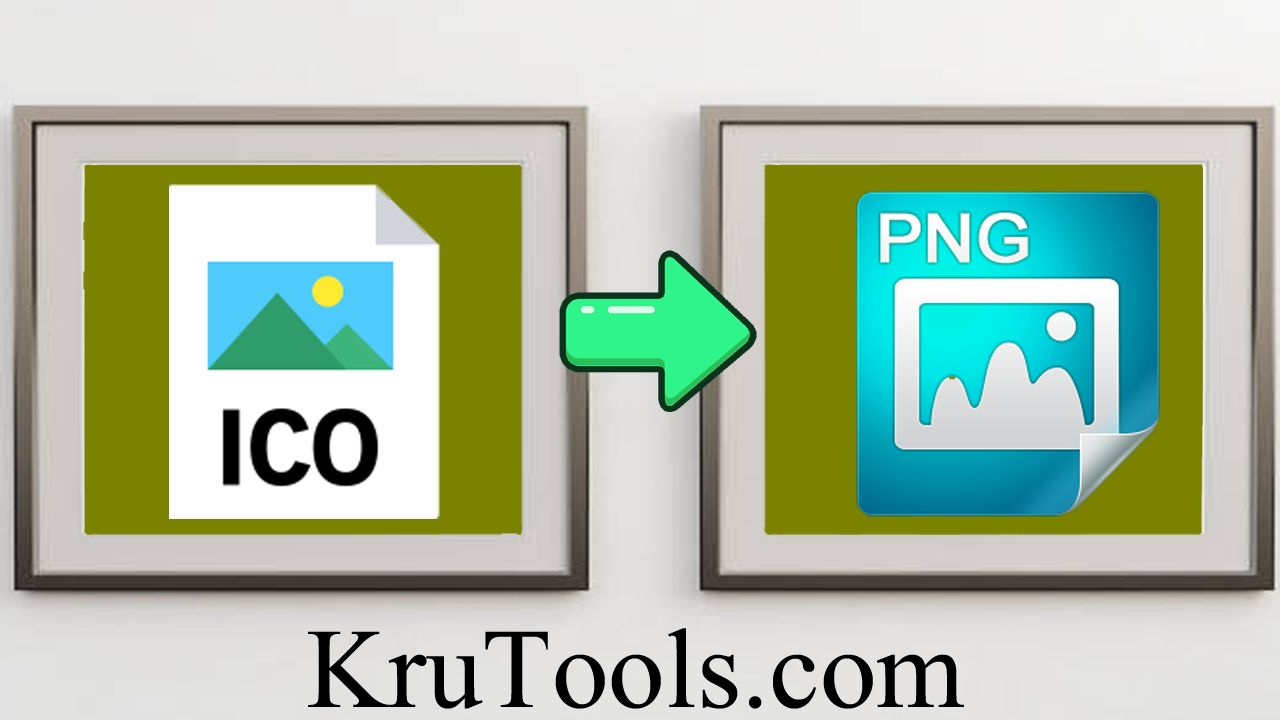FAQs
What is the purpose of using SEO tools?
SEO tools are essential for optimizing a website’s performance in search engine results. Their primary purpose is to provide insights and data that help improve various aspects of search engine optimization. These tools offer detailed analyses of keyword performance, website health, and competitor strategies, enabling users to make informed decisions about their SEO efforts. For example, tools like Ahrefs and SEMrush provide comprehensive keyword research features, allowing users to identify valuable keywords and assess their competition. Additionally, site audit tools help identify and fix technical issues such as broken links, slow loading times, and missing meta tags, which can negatively impact search rankings. By leveraging these tools, website owners and SEO professionals can enhance their site's visibility, attract more organic traffic, and achieve better rankings in search engine results pages (SERPs).
How do I choose the right SEO tool for my needs?
Selecting the right SEO tool involves evaluating your specific needs, budget, and the features offered by different tools. Start by identifying what aspects of SEO are most critical for your strategy—whether it's keyword research, backlink analysis, site auditing, or competitor analysis. For instance, if keyword research is a priority, tools like SEMrush and Ahrefs are known for their extensive keyword databases and advanced analysis features. On the other hand, if you need in-depth site audits, Screaming Frog SEO Spider offers robust technical analysis capabilities. Budget is also a crucial factor, as some tools offer free versions with limited features, while others require a subscription. It’s beneficial to use free trials or demos to explore the tool’s user interface, functionality, and how well it integrates with your existing processes. Ultimately, the best tool will be one that aligns with your specific SEO goals, provides actionable insights, and fits within your budget.
Are there any free SEO tools available?
Yes, several high-quality free SEO tools are available that offer valuable features for website optimization. Google Search Console is one of the most widely used free tools, providing insights directly from Google about your site’s search performance, including data on search queries, click-through rates, and indexing status. Google Analytics is another essential tool that tracks and analyzes website traffic, helping users understand visitor behavior and measure the effectiveness of their SEO strategies. Additionally, Ubersuggest offers a free tier with keyword suggestions, site audit features, and competitive analysis. While these free tools are beneficial, they may have limitations compared to paid options, such as restricted data access or fewer advanced features. For more comprehensive analysis and advanced functionalities, investing in premium tools might be necessary.
How can I use SEO tools to improve my keyword research?
SEO tools significantly enhance keyword research by providing detailed data and insights that help identify the most effective keywords for your SEO strategy. Tools like Ahrefs and SEMrush offer extensive keyword databases and analysis features that allow you to discover high-volume, low-competition keywords relevant to your niche. These tools provide metrics such as search volume, keyword difficulty, and potential click-through rates, which help in selecting keywords that are both achievable and valuable. Additionally, they offer related keyword suggestions and trends that can inform content creation and optimization strategies. By analyzing competitor keywords, you can identify gaps in your own strategy and uncover opportunities to target keywords that your competitors may be overlooking. Effective keyword research with these tools enables you to optimize your content, improve search engine rankings, and drive targeted traffic to your website.
What are site audits, and why are they important?
Site audits are comprehensive evaluations of a website’s SEO performance, focusing on identifying and addressing technical issues that could impact search engine rankings and user experience. Tools with site audit features, such as SEMrush and Screaming Frog SEO Spider, analyze various aspects of your website, including site structure, meta tags, internal linking, and page speed. These audits reveal issues such as broken links, duplicate content, missing or incorrect meta tags, and slow loading times. Identifying and fixing these issues is crucial for ensuring that search engines can crawl and index your site effectively and that users have a positive experience. Regular site audits help maintain the health of your website, improve its visibility in search results, and prevent potential problems that could hinder your SEO efforts.
How can backlink analysis tools benefit my SEO strategy?
Backlink analysis tools provide valuable insights into your website’s link profile, helping you understand the quantity and quality of backlinks pointing to your site. Tools like Ahrefs and Majestic offer comprehensive data on backlinks, including the source of the links, their authority, and their relevance. Analyzing this data allows you to assess the effectiveness of your link-building strategy, identify high-quality backlinks, and detect any potentially harmful links that may affect your site’s credibility. Understanding your backlink profile also helps you discover opportunities for acquiring new links and building relationships with reputable websites. By leveraging backlink analysis tools, you can enhance your link-building efforts, improve your site’s authority and search engine rankings, and achieve a more robust SEO strategy.
What role does content optimization play in SEO?
Content optimization is a fundamental aspect of SEO that involves enhancing the quality and relevance of website content to improve its performance in search engine results. SEO tools like Yoast SEO provide real-time feedback on various content elements, such as keyword usage, readability, and meta descriptions. Optimizing content involves incorporating target keywords naturally, ensuring that the content is well-structured, and making it engaging for readers. Additionally, content optimization includes ensuring that on-page elements, such as headings, images, and internal links, are properly utilized. High-quality, optimized content not only helps search engines understand the topic and relevance of your pages but also provides value to users, improving their overall experience and increasing the likelihood of higher search rankings.
How can I track and measure the success of my SEO efforts?
Tracking and measuring SEO success involves monitoring key performance indicators (KPIs) that reflect the effectiveness of your SEO strategies. Tools like Google Analytics and SEMrush provide detailed reports and data on various metrics, including organic traffic, keyword rankings, and conversion rates. By analyzing these metrics, you can evaluate the impact of your SEO efforts, identify trends and patterns, and assess how well your strategies are performing. Key areas to focus on include changes in search engine rankings, increases in organic traffic, improvements in click-through rates, and conversion rates from organic search. Regularly reviewing and analyzing these metrics allows you to make data-driven decisions, refine your SEO strategies, and continually optimize your website for better performance.
Can SEO tools help with local SEO optimization?
Yes, many SEO tools offer features specifically designed for local SEO optimization. Tools like Moz Pro and BrightLocal provide functionalities that help manage and optimize local business listings, track local search rankings, and analyze local competitors. Local SEO tools assist in ensuring that your business information is consistent across various directories and platforms, which is crucial for improving local search visibility. They also offer insights into local keyword performance, citation building opportunities, and review management. By focusing on local SEO, you can enhance your presence in local search results, attract more local customers, and improve your visibility within your target geographic area.
How often should I use SEO tools to review and update my SEO strategy?
SEO is an ongoing process that requires regular monitoring and adjustments to ensure optimal performance. It’s advisable to use SEO tools to review and update your strategy on a consistent basis. Performing site audits, keyword research, and competitor analysis monthly or quarterly helps you stay informed about changes in search engine algorithms, track the effectiveness of your SEO efforts, and identify areas for improvement. Regular reviews also allow you to adapt to evolving industry trends, optimize new content, and address any technical issues promptly. By incorporating continuous monitoring into your SEO strategy, you can maintain and enhance your website’s search engine visibility and overall performance.






